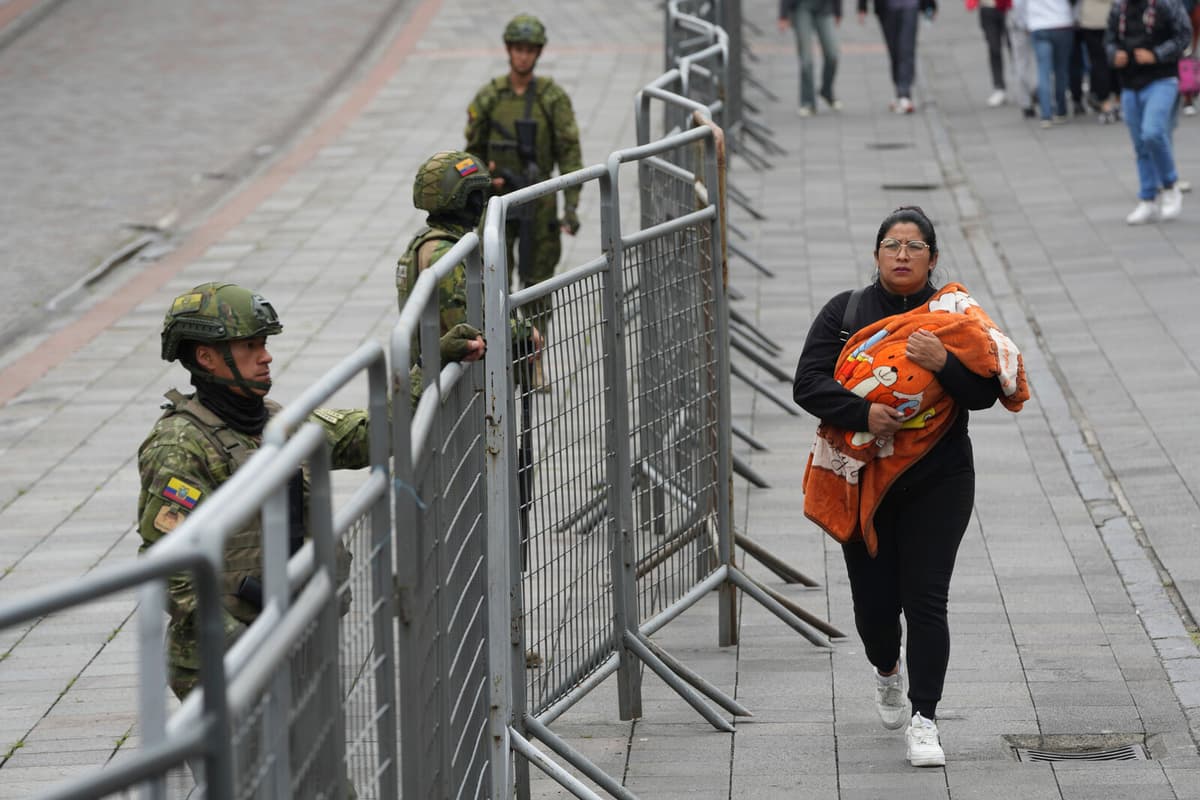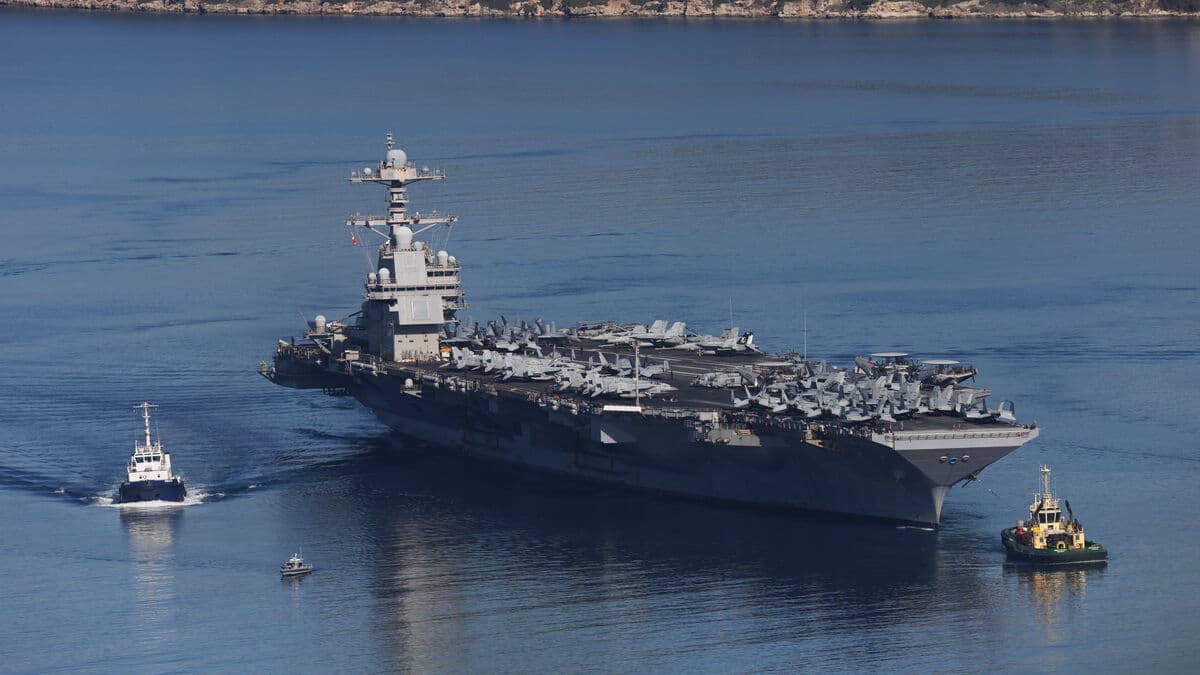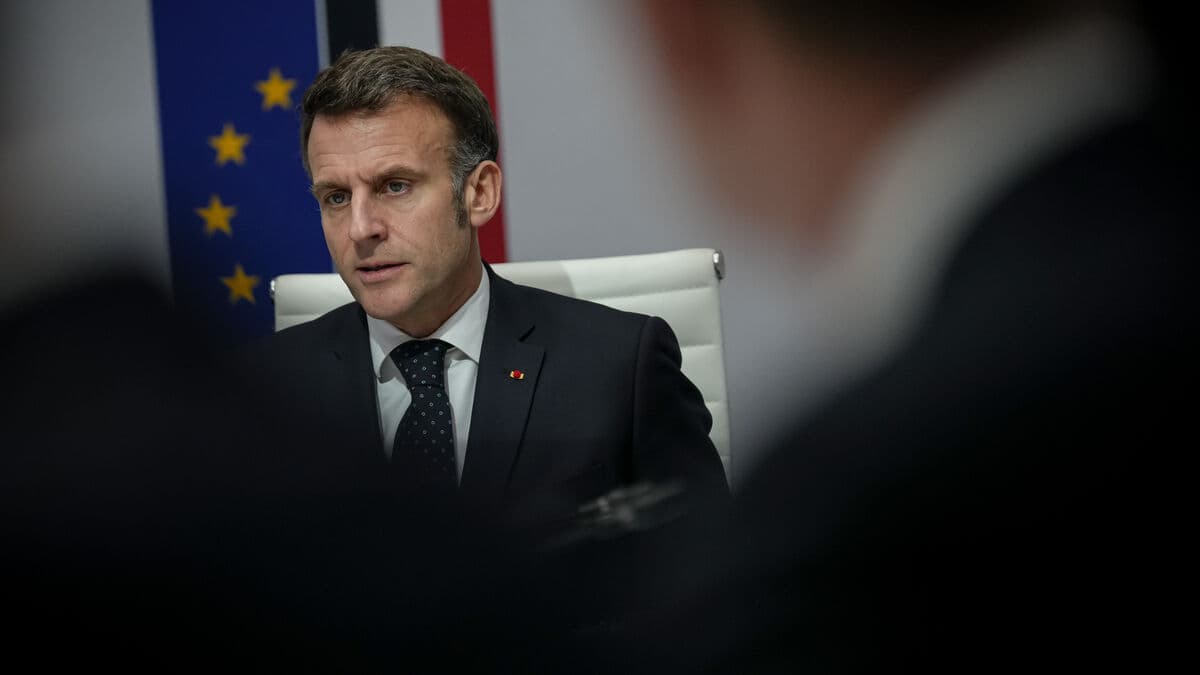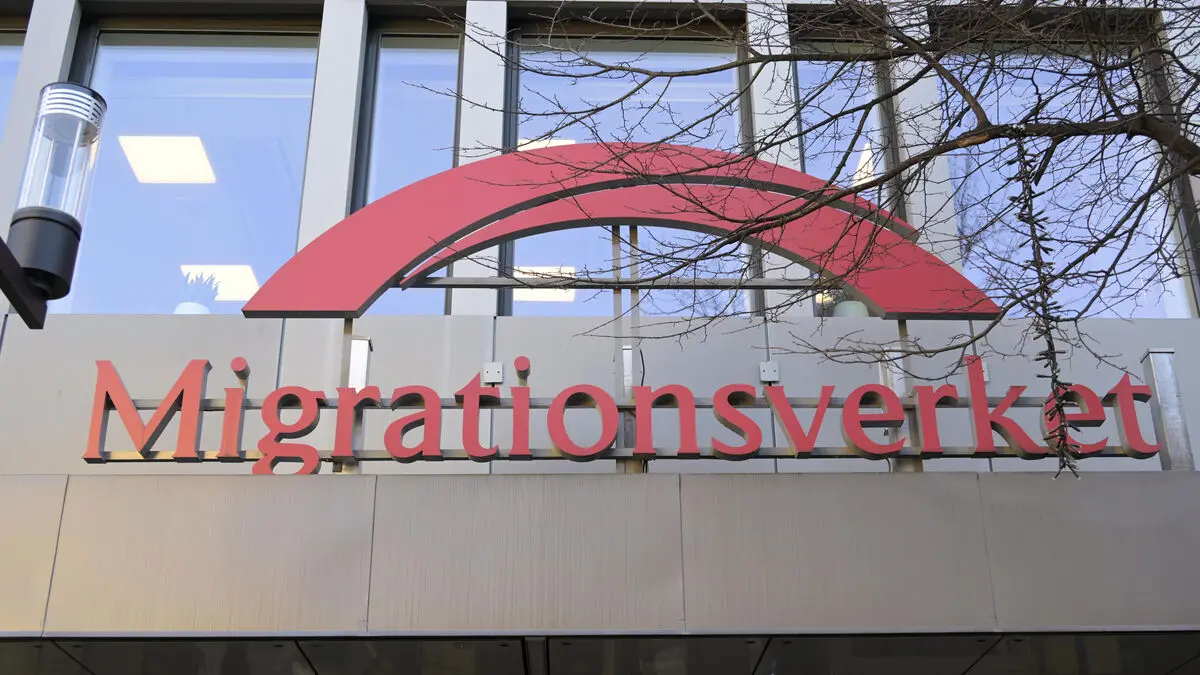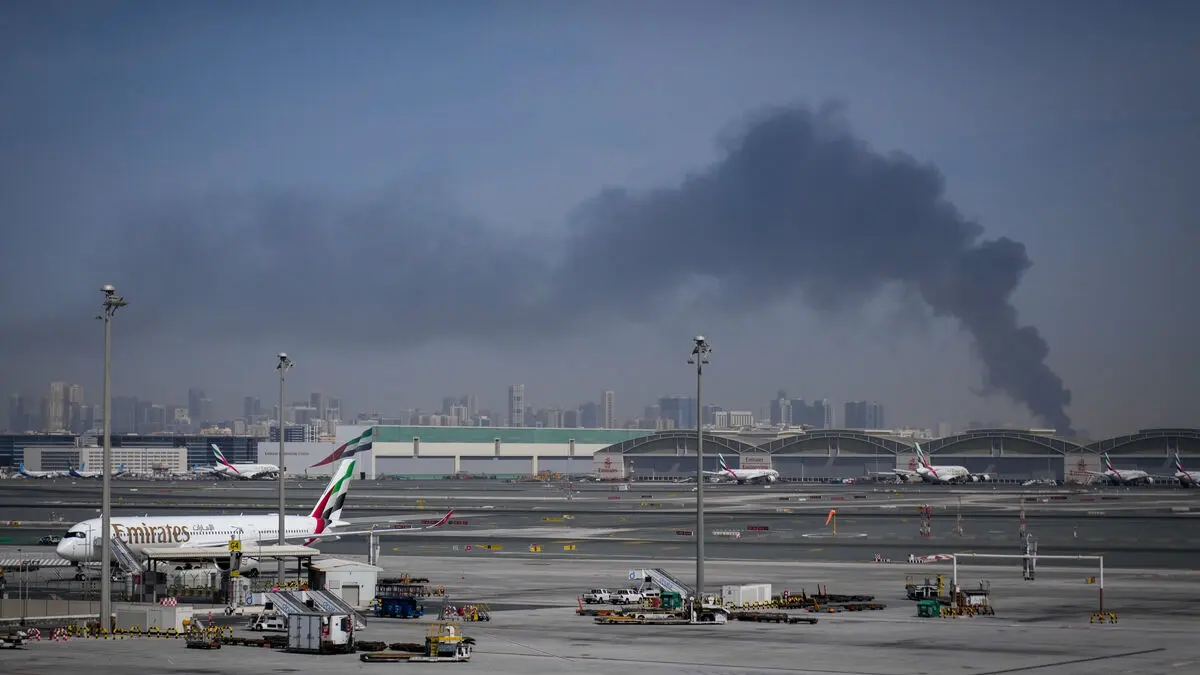The 60-day state of emergency has been declared in seven of the country's 24 provinces, including the capital Quito, as well as in prisons.
According to a decree signed by President Daniel Noboa, this is due to "increased violence, serious crime, and intense illegal activity from organized armed groups".
The year has started record-bloodily in Ecuador, which has the highest murder rate in South America. So far this year, there has been an average of one murder per hour.
The crisis measures abolish the freedom of assembly and citizens' protection against unannounced searches and seizures. Furthermore, nighttime curfews are being introduced in several cities.
Smuggling hub
Unlike neighboring countries Peru and Colombia, Ecuador is not a significant cocaine producer. However, the drug flows into the country and out from its ports on its way to lucrative markets in the USA and Europe.
According to President Noboa, as much as 70 percent of the world's cocaine is smuggled via Ecuador's ports.
Foreign cartels and local criminal gangs, all wanting their share of the lucrative cake, are key ingredients in the wave of violence that has made the country one of the most dangerous in the world.
Presidential election ahead
The state of emergency comes into effect the day before Ecuador goes to the polls. Daniel Noboa is being challenged by left-wing candidate Luisa Gonzalez, and the outcome is uncertain since the first round of voting ended in a dead heat.
It is unclear whether and how the measures will affect the election – where violence is the key issue.
The 37-year-old Noboa, who took office in 2023, advocates for tough action against the cartels. He has previously declared a state of emergency several times and wants American troops to be deployed against the cartels.
The 10-year-older challenger, who hopes to become the country's first female president, has also promised to prioritize crime, as well as education and health.

